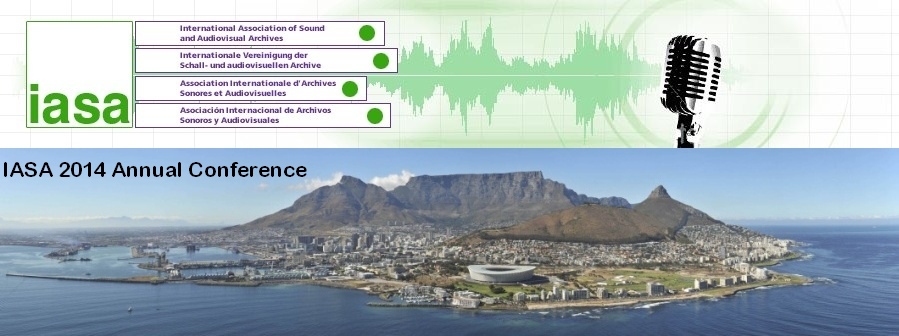Twenty years after the birth of South Africa’s democracy archives are still striving to come to terms with the destruction wrought by the apartheid archive. Even though archives were repositioned as active collecting agencies with a mandate to collect, preserve and make available the histories of previously marginalised cultures, many communities remain on the periphery of the archival record. This paper will explore the creation and curation of one such peripheral sound and music archive, the Hidden Years Music Archive, a significant collection of South African music material collected between 1960 and 2000 by David Marks, owner of the 3rd Ear Music Company. As an independent record label, the company made various live and studio recordings, spanning across the racial boundaries erected by the apartheid government and representing diverse musical styles including Urban Folk, Township Jazz, Country Rock and Maskanda.
This collection contains irreplaceable sound recordings, photographs, newspaper cuttings, magazines (most of which now defunct), concert posters and programmes. Without using any discretion towards inclusion and exclusion, Marks recorded and collected wherever he went and whatever music concerts, events, clubs, festivals, theatre and political meetings he was involved with, creating an archive of nearly three tons of material. The collection has, however, suffered significant damage due to previous neglect, financial difficulties and general apathy towards actively preserving and sorting this material, and has culminated in an uncatalogued, haphazardly organized, impenetrable mass of material. However, in spite of the numerous challenges presented by this archive, it provides us with unique opportunities and novel ways to preserve and curate the archive. This paper will reflect on these opportunities as well as look at some of the challenges being faced in processing this collection including the restrictions certain standard archival practices place on this process.
